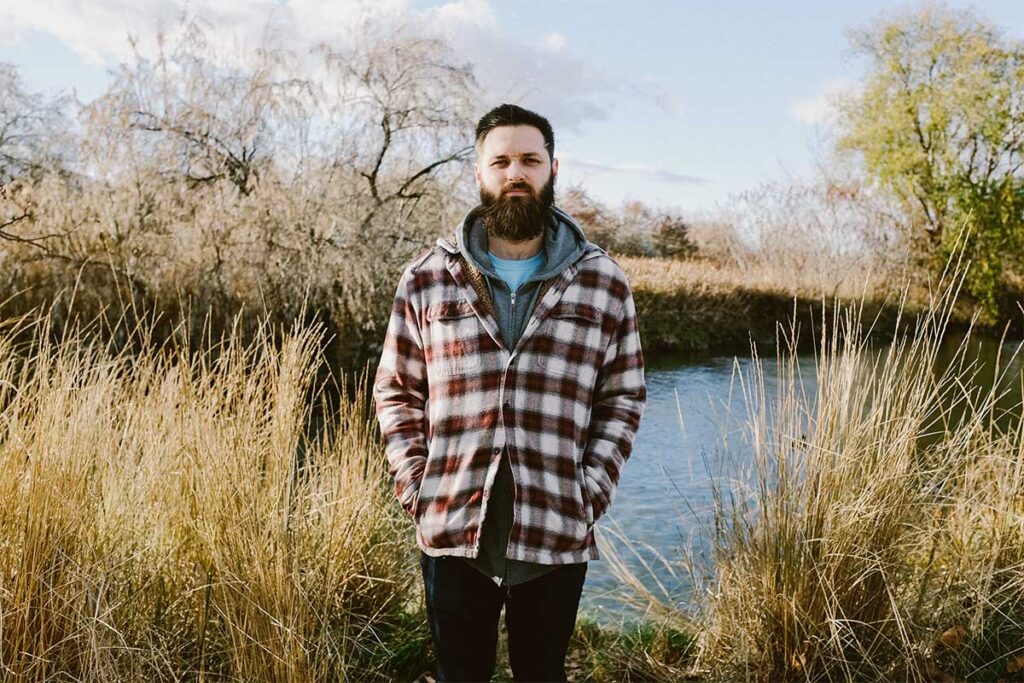If you live in the state of Idaho and someone you care about is struggling with a substance use disorder, you are not alone. While Idaho has a zero tolerance policy and is known for its strict stance on drug use, the reality is that substance misuse continues to impact families across the state—from urban areas like Boise to small rural communities. Thankfully, resources for substance abuse treatment in Idaho are available to help your loved one, whether they are a teen or an adult.
With the guidance of a professional treatment center, you and your loved one can take the right steps toward recovery. Going through treatment in a safe and secure environment, staffed by a professional and caring team, gives patients the greatest chance of overcoming their addiction.
Is Idaho a zero-tolerance state?
If you are wondering if Idaho has strict drug laws, the answer is yes. Idaho has mandatory minimum sentences in place for marijuana, methamphetamine, heroin, cocaine, and fentanyl. Idaho also has a zero tolerance policy on drug use. In 2022, Idaho’s Bureau of Vital Records reported that 381 Idahoans died from drug-related overdoses.
Does Idaho have a drug problem?
Yes—Idaho absolutely faces a drug problem, even if it may not always seem that way on the surface.
While the state enforces some of the strictest drug laws in the country—including mandatory minimum sentences for marijuana, methamphetamine, heroin, cocaine, and fentanyl—these tough policies haven’t erased the reality of substance misuse within Idaho communities.
In 2022 alone, the Idaho Bureau of Vital Records reported 381 drug-related overdose deaths. That’s 381 families devastated by loss—despite Idaho’s zero tolerance policy. And while the state may not rank among the highest in the nation for drug use according to SAMHSA, it is bordered by states that do: Oregon, Washington, and Nevada are all in the top tier for illicit drug use among those aged 12 and up. That proximity matters. Drug access doesn’t stop at the state line, especially for youth and adults living in rural areas where prevention and intervention resources are limited.
What’s more, Idaho’s rural communities are being hit hardest. National and local data alike show that overdose rates in rural areas often exceed those in cities. Limited healthcare infrastructure, transportation barriers, and stigma surrounding addiction can make it much harder for people in these areas to get help in time.
Add to that the growing concern of youth substance misuse in Idaho, and the picture becomes clearer: this isn’t just a big city issue—it’s happening in small towns, schools, and neighborhoods across the state.
Idaho may have a reputation for being tough on drugs, but laws alone aren’t enough to stop addiction from taking hold. What really turns the tide is access—to education, to prevention, and most importantly, to compassionate, professional treatment.
Additionally, rural communities in Idaho often face higher overdose rates than urban areas. Limited access to care, transportation challenges, and social stigma can all contribute to these disparities. Youth in rural areas are particularly vulnerable due to fewer after-school resources and prevention programs.
Youth substance misuse in Idaho
Teen substance use is another growing concern in the state. The Idaho Youth Risk Behavior Survey indicates that while some types of drug use have declined slightly, others—like the misuse of prescription medications—remain persistent. Mental health issues like depression and anxiety have also risen among Idaho youth, which can often coincide with substance misuse.
Programs aimed at prevention, like the Upriver Youth Leadership Council, are helping bring awareness to these issues, engaging youth in leadership and community-based efforts to reduce drug use and promote healthier lifestyles.
Finding substance abuse treatment in Idaho
With addiction affecting families in every corner of the state, Zelus Recovery offers treatment for Idaho residents as well as individuals from neighboring regions. Patients can receive support for a range of substance use disorders and co-occurring mental health conditions. Treatment plans are carefully tailored to meet each individual’s needs.
Treatment programs at Zelus Recovery include:
- Adolescent-specific programs
- Gender-specific programs for men or women in a safe and supportive environment
- Medically supervised detoxification for more severe substance use
- Outpatient treatment for flexible scheduling
- Intensive outpatient program (IOP) for added structure
- Partial hospitalization program (PHP) with a strong daily treatment structure
- Dual diagnosis treatment for co-occurring mental health conditions
- Aftercare services to help reduce the risk of relapse
- Alumni programming to support lifelong recovery
Local resources and support
In addition to Zelus Recovery, Idaho residents can also explore services through regional health departments, school-based counselors, and community recovery groups. For instance, the Idaho RADAR Center provides educational materials and referral information for people seeking help.
The Idaho Office of Drug Policy also supports prevention through partnerships and public awareness campaigns, such as their “Be the Parents” initiative, which offers tools for families to start honest conversations with their teens.
Reach Out to Zelus Recovery in Idaho
Zelus Recovery provides a wide range of treatment options for substance use and mental health disorders in a caring and compassionate environment in Meridian, Idaho. Whether your loved one is an adolescent or an adult, they can receive the care they need through a full continuum of support.
From medically supervised detox to ongoing alumni services, Zelus Recovery offers the right level of care for every stage of healing. Call our team at 208.518.0797 or complete the online form to speak to a professional about how we can help your family. You don’t have to navigate this journey alone—let’s take the first step toward recovery together.





